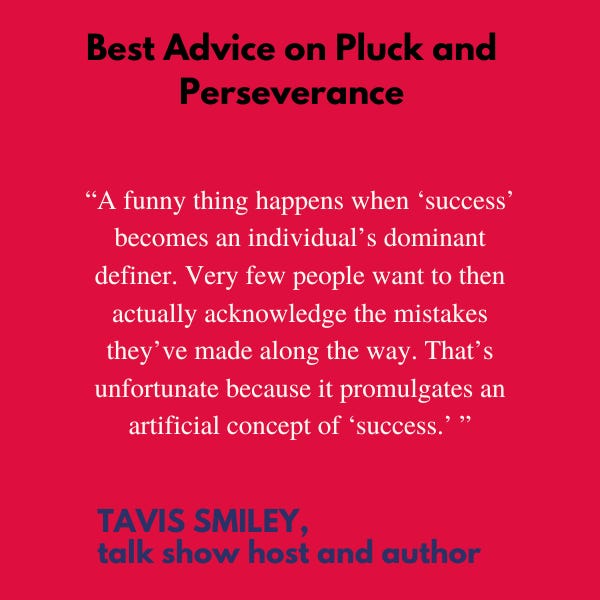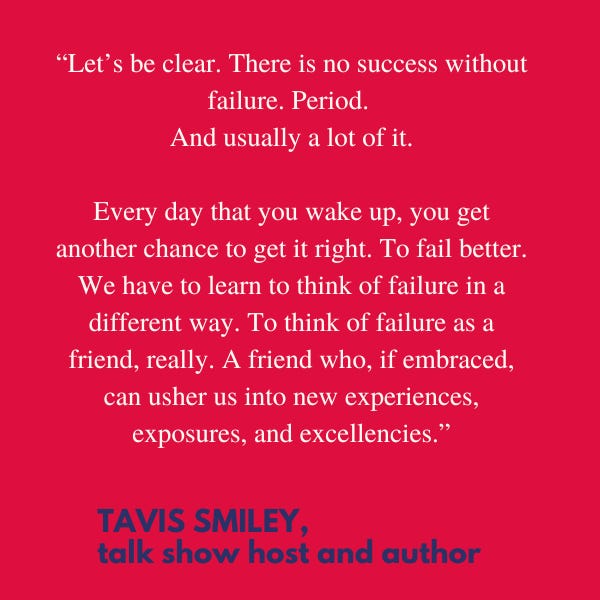Guess who's coming to dinner?
How to break bread with relatives of opposing viewpoints without losing your cool

Meet Archie Bunker
Perhaps you’ve come across a mugshot of this guy over the past two weeks. He’s Archie Bunker, the TV character brought to life by Norman Lear, the renowned TV writer and producer who died earlier this month at age 101.
Lear began a TV revolution by creating the TV sitcom All in the Family in 1971. Much like today, the early 70s were tumultuous, filled with Vietnam, civil unrest, protests in the street, fights over racial equality, and arguments about what America stood for. All in the Family was the first sitcom to address the day's political and social controversies head-on.
Archie Bunker, a gruff, overbearing blue-collar worker, was the lynchpin of All in the Family. He was never shy about expressing his opinions and prejudices about any number of groups– blacks, Hispanics, “Commies,” Freemasons, gays, women, hippies, Jews, Asians, Catholics, "women's libbers," and Polish–Americans.
Through the genius of Lear, the Bunkers’ living room became like a courtroom, with conservative Archie and his liberal son-in-law Mike arguing over the controversies of the day. Both sides got a fair hearing leavened with laughter, and viewers were left to decide which stance had the most merit.
It was risky television when it premiered, but All in the Family soon claimed the #1 spot in the ratings and held it for five years.
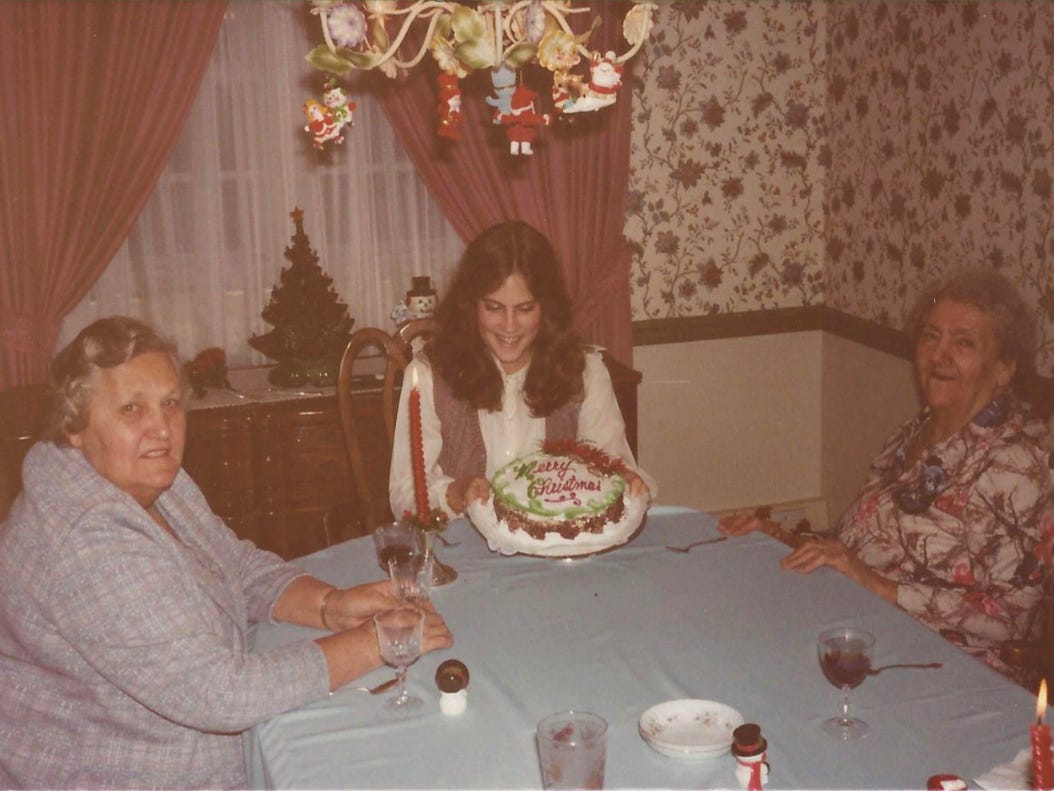
Lessons from Archie
As we approach the holidays, I’ve been thinking about what it would be like to have Archie Bunker over for Christmas dinner. In fact, I feel like this has already happened to me, having had one relative or another playing the role of Archie in my dining room at one time or another.
I think that’s one of the things that made All in the Family such an appealing and relatable show. Watch any episode, and it’s hard not to see a relative, friend, co-worker, or acquaintance reflected in Archie.
Archie detested the social change unfolding around him. He held sometimes offensive opinions that he’d fight to the death to maintain and had no qualms about expressing. And yet the remarkable thing was that Archie somehow managed to still come off as likable and funny (if he wasn’t, I’m not sure so many people would have watched the show).
The chief TV critic for The New York Times, James Poniewozik, has explained the genius that Norman Lear demonstrated in crafting Archie’s character:
“Archie Bunker, for all his prejudice and bullheadedness, had to be vivid, alive, funny…if you couldn’t like him, you couldn’t see how any of the other characters could love him. And if you couldn’t see that, then you couldn’t see the Archie in any of the people that you loved.”
It isn’t any wonder that Lear found a way to make Archie still lovable despite his flaws–Lear said he based the character in part on his own father, who he described as “a bit of an Archie Bunker,” given to using racist language.
Lear never shied away from critiquing Archie’s wrong-headed behavior, but it was a critique that came from love. Somehow, he found a way to expose not just Archie’s bigotry but also his humanity.
Perhaps the greatest gift Lear gave America week after week was displaying how Archie and his family still managed to find a way to live in relationship with one another despite stark differences in mindset and opinions. His long-suffering wife Edith didn’t divorce Archie. His daughter Gloria and son-in-law Mike figured out how to get along with Archie while they lived under his roof. Canceling Archie wasn’t an option, so instead, they focused on how to make it work.

Key principles for surviving dinner with Archie
I know that if you had the choice, you might not sign on to appear in what will perhaps at times appear eerily similar to an All in the Family reboot. Life would be easier if societal conflicts and things we find disagreeable didn’t infiltrate our families. But you can’t escape that reality no matter how much you want to.
So keep two guiding principles in mind as you navigate your holiday gatherings:
1. No family has a perfect holiday
Maybe it’s the Hallmark Channel Christmas movies, seasonal classics like “The Holiday,” and the TV commercials showcasing visions of ideal Christmases that do us in. Cozy scenes of loving families with twinkles in their eyes. Jolly gatherings alongside stockings hung by the chimney with care. Brand-new cars in snowy driveways with bows on top. On some level, we all want the idealized fairytale version of the holidays.
But if you had the magical ability to script the scene for your family’s holiday gathering, would you really write conversations limited exclusively to happy chatter? Wouldn’t the absence of conflict totally drain the scene of all color? Aren’t the organic conversations that sometimes go in directions you didn’t anticipate what flavors the holidays with a bit of authenticity?
Imperfections don’t taint the holidays; they simply make them more human. If you think about it, the very first Christmas didn’t unfold like Mary and Joseph expected, yet it ended up being epic. Sometimes you just have to improvise to the best of your ability.
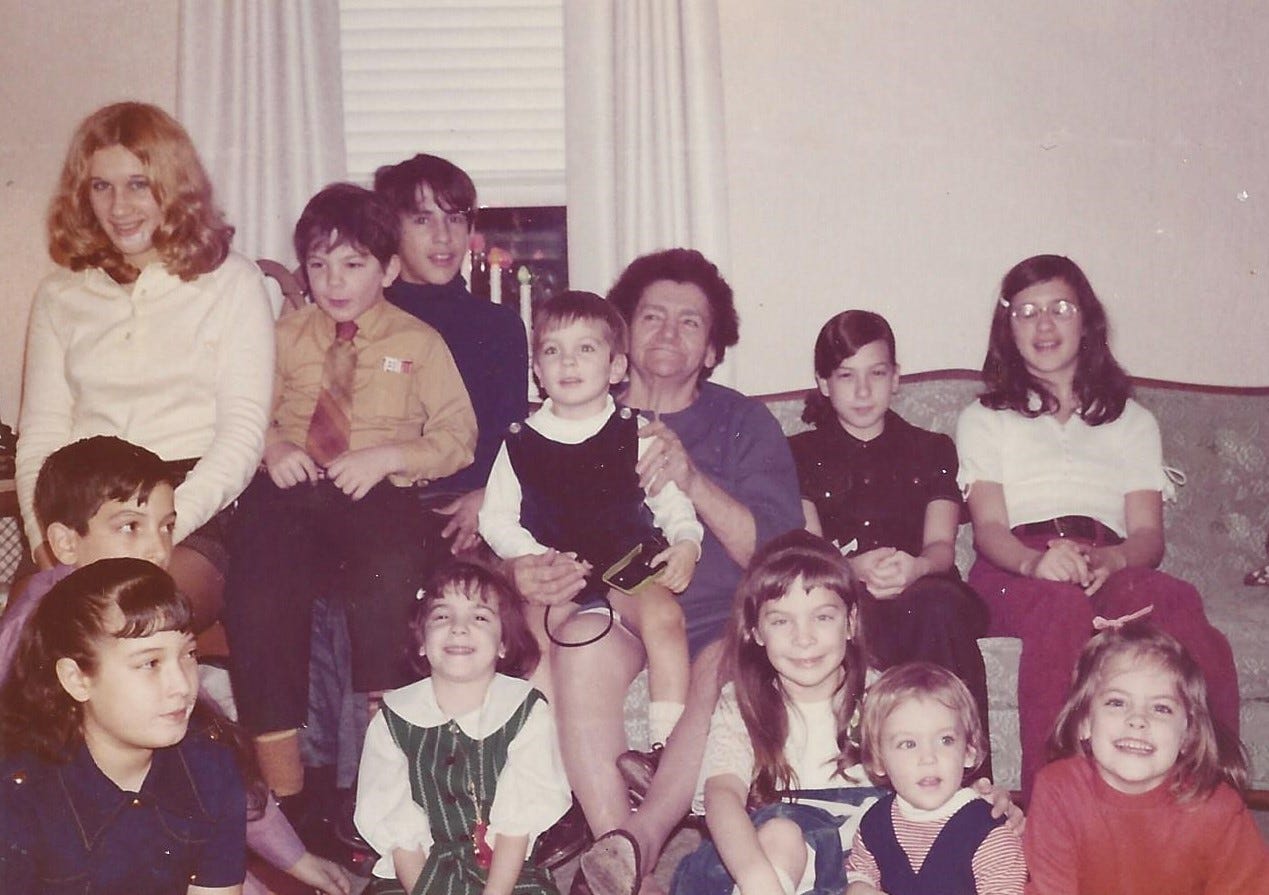
2. Everyone is screwed up, broken, clingy or scared
When you find yourself questioning yet again why people act the way that they do, consider the wisdom imparted by author Anne Lamott on the occasion of her 61st birthday when asked to summarize everything she knew: “Everyone is screwed up, broken, clingy, and scared, even the people who seem to have it more or less together.”
The next time you’re pondering the root cause of somebody’s mean, offensive, odd, curious, or otherwise inexplicable behavior, try to remember this maxim. You may not be able to figure out which of these four possibilities best covers what’s ailing the person in front of you, but at least recalling this truth may help you to have greater compassion for the person bedeviling you.
Some of these adjectives certainly applied to Archie. Actor Carroll O’Connor, who portrayed Archie, described what afflicted Archie this way:
“Archie's dilemma is coping with a world that is changing in front of him. He doesn't know what to do, except to lose his temper, mouth his poisons, look elsewhere to fix the blame for his own discomfort. He isn't a totally evil man. He's shrewd. But he won't get to the root of his problem, because the root of his problem is himself, and he doesn't know it. That is the dilemma of Archie Bunker.”
Over the course of the series, details about Archie’s backstory emerged-–a mentally and physically abusive father, regrets about having to drop out of high school to help support his family, and a gambling addiction–allowing viewers to better understand and perhaps even forgive Archie’s less-than-stellar behavior.
You may never know the backstory of your problematic relatives or dinner guests. But sometimes just reminding yourself that something in their past may have contributed to how they act out will make it easier to feel at least some compassion for them.
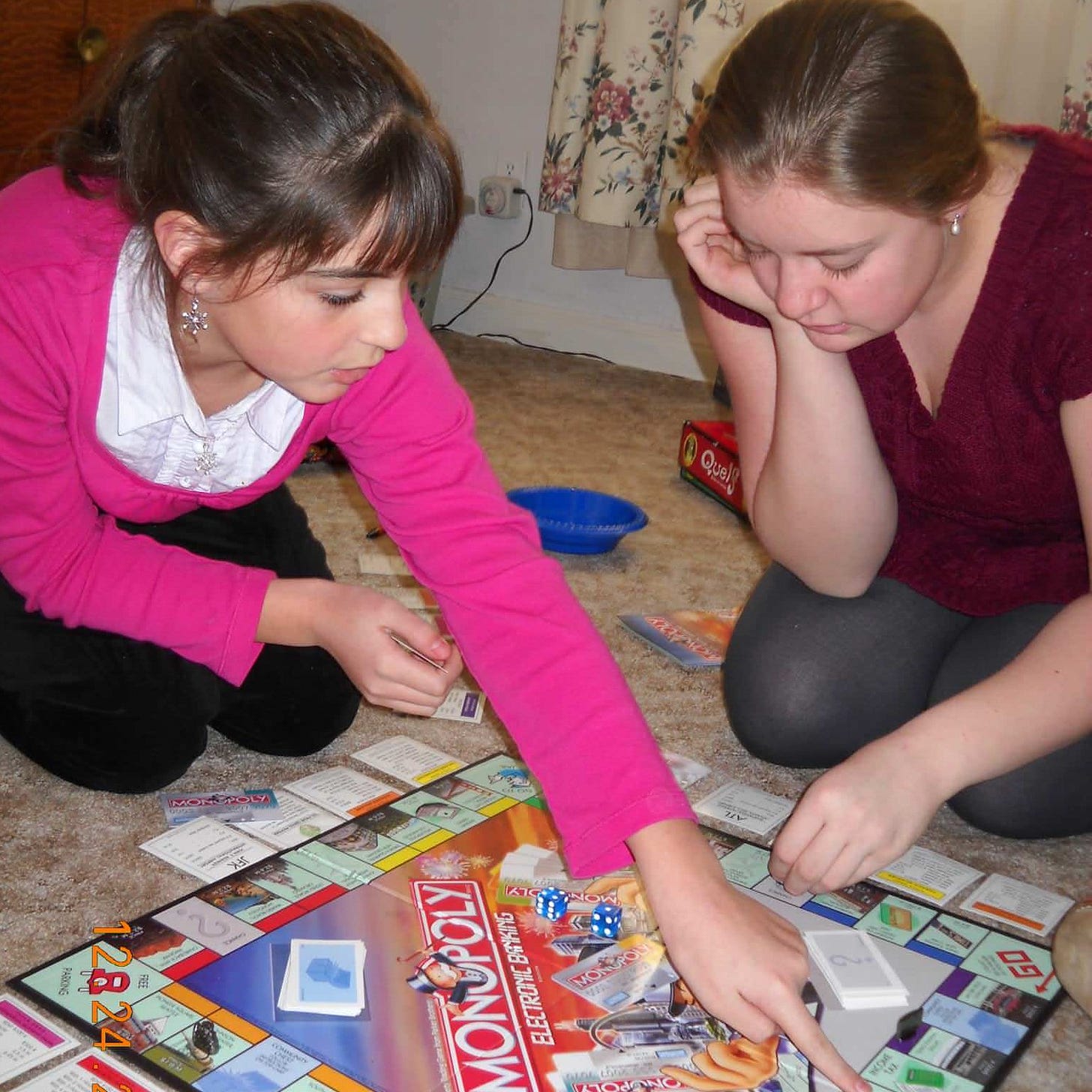
Practical Tips for Dealing with Archie
If possible, steer the discussion away from politics and religion. A recent Pew Research study reported that six in ten U.S. adults found having political conversations with people they disagree with generally “stressful and frustrating.” We seldom manage to persuade others to change deeply held beliefs, especially at social gatherings. It’s wise to stick to less fraught subjects.
If the conversation veers into dangerous territory, change the subject. If you fail to change the topic, take yourself off-stage. Excuse yourself to go to the bathroom or to help lend a hand to the host or hostess. Or suggest a diversion like a walk or a board game.
If someone makes an outlandish or offensive statement, it’s fair to ask–if you can do so calmly– “Why do you say that?” As Robert Heinlein once said, “I never learned from a man who agreed with me.” A simple response like, “Interesting,” and then changing the subject could speak volumes.
Carefully weigh whether or not to engage. As therapist and author Vienna Pharaon told Maria Shriver’s Sunday Paper recently:
“In these moments with family, where people are committed to their viewpoints and perspectives and are not here to have open dialogue, it's about thinking: Is my choice going to lead me to more suffering or peace? I sway toward non-engagement. That doesn't mean you agree with what they say. But you can get up from the table and acknowledge what you believe to yourself, a friend, or a partner. Again, I lean towards non-engagement here because it doesn't go anywhere in these situations. All it does is cause more distress, disconnection, conflict, and terrible feelings.”Don’t forget one of the most valuable tools for cutting troublesome things down to manageable size–a sense of humor. Laughing about the situation later (after Archie has gone home) might be the most helpful coping mechanism of all. Even though you can’t always saw troublesome branches off your family tree, Archie’s antics may give you an excellent, relatable story to tell your friends later.
I wish you a peace-filled holiday season, and I look forward to telling you more things your mom should have told you in the new year!

Katie Couric, journalist and former anchor of the CBS Evening News, asked the many remarkable people she'd interviewed over the years to share lessons from their lives. The result was The Best Advice I Ever Got.
In the olden days, moms used to clip articles from newspapers for their kids if they thought it was something they needed to know. I’m keeping an eye out for things that you might have missed that may be helpful to you.
This week’s clips:
What better time than the holidays to make normal conversations better? The author of this piece shares everything he’s learned about having a good conversation.
Instead of arguing about politics or controversial issues, use your holiday gathering as an opportunity to learn about your family history. The Atlantic suggests some conversation starters in The Questions We Don’t Ask Our Families but Should.
Some food for thought to ponder as we approach a new year: To lead a meaningful life, become your own hero. The authors explain how the narrative blueprints for heroic tales like Star Wars offer a way to reframe experiences.





